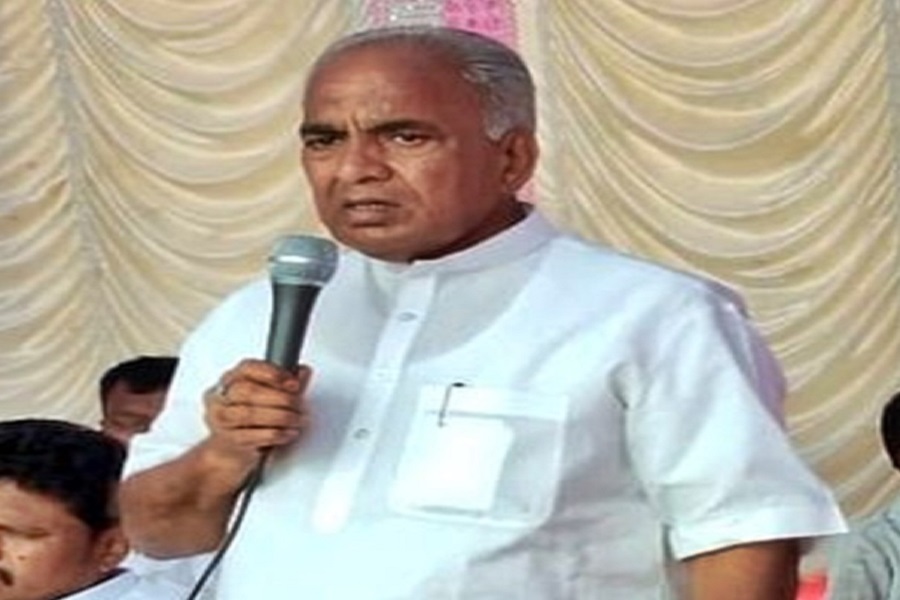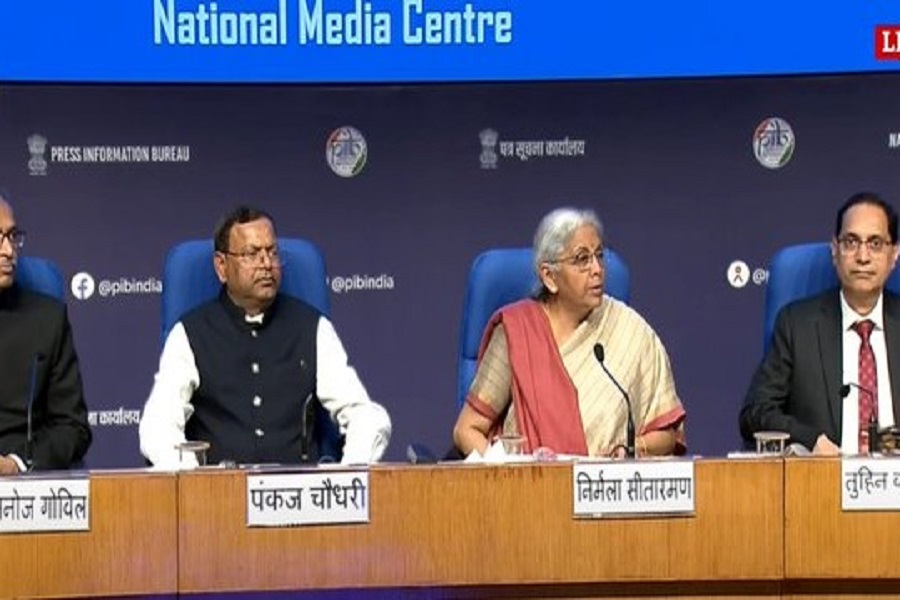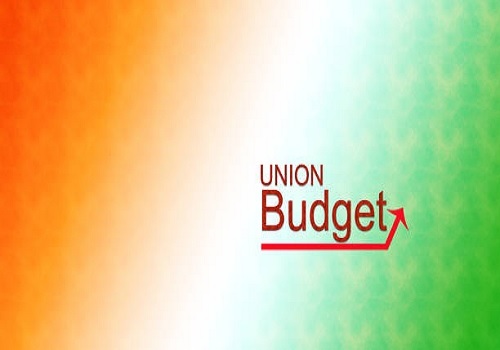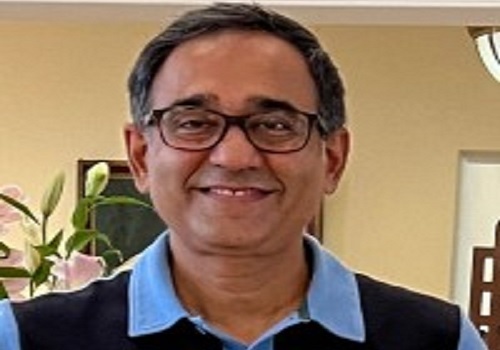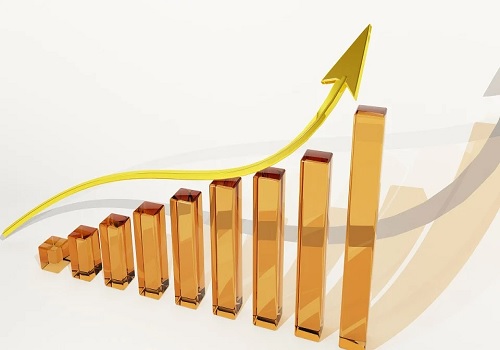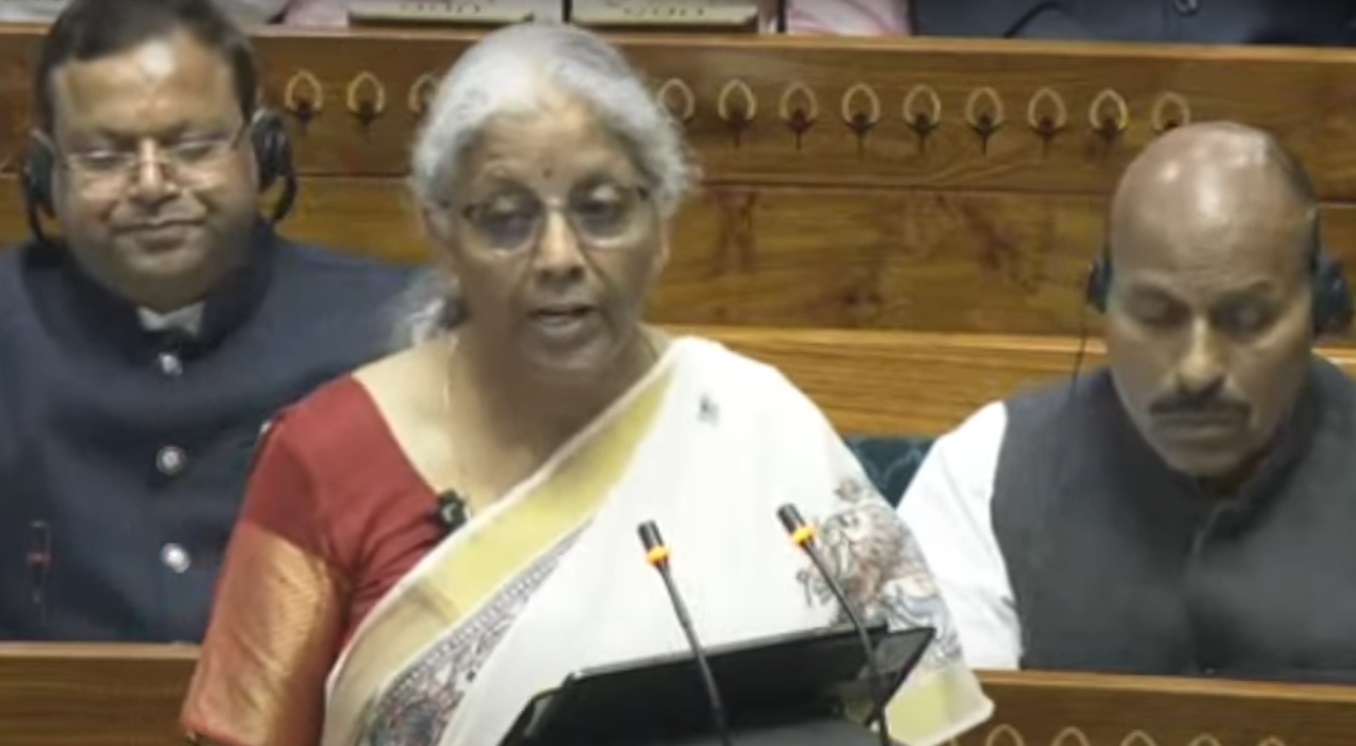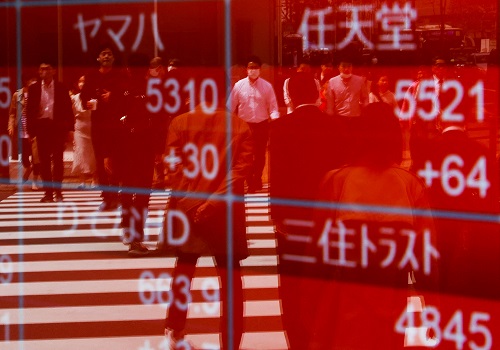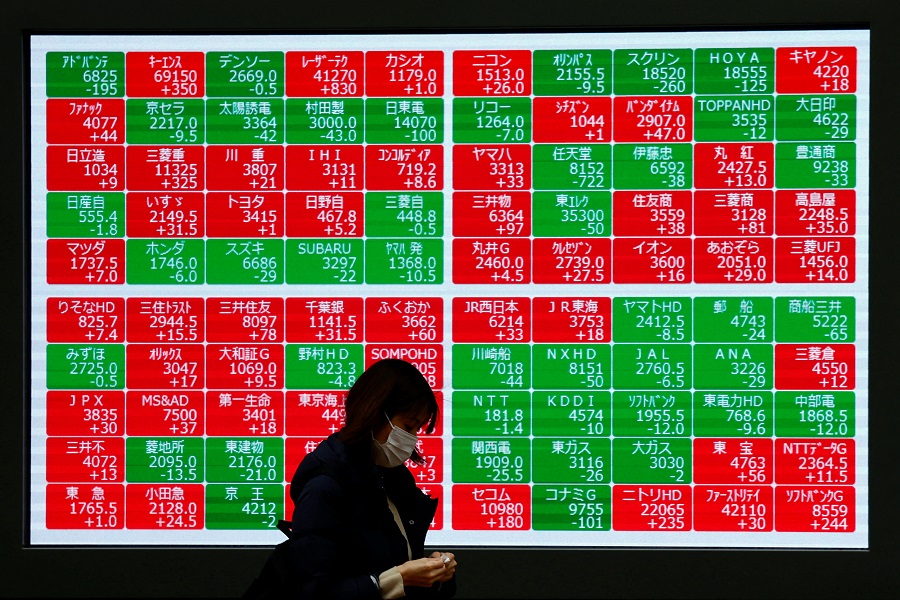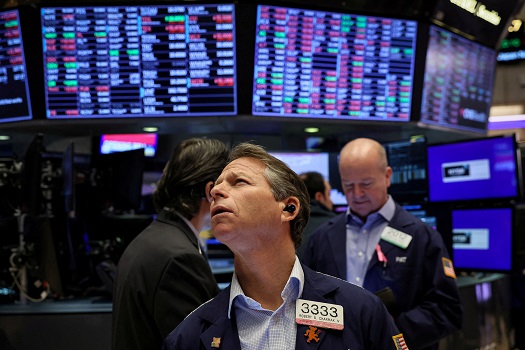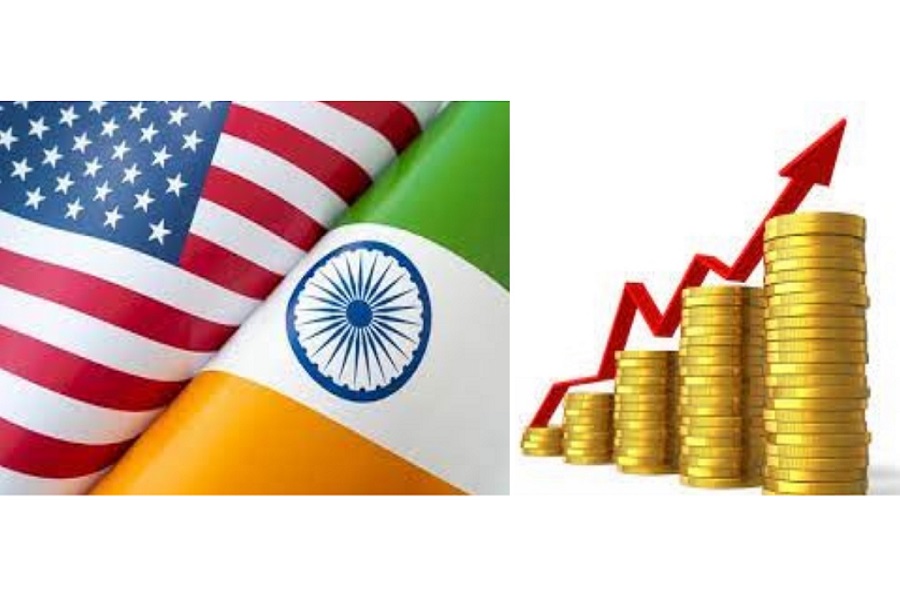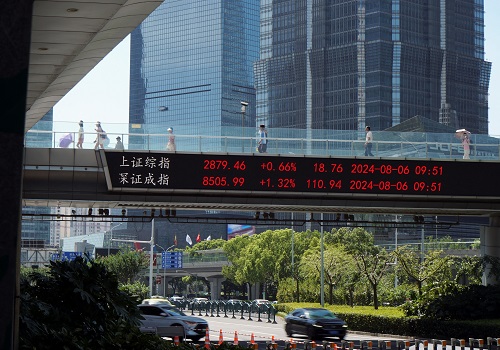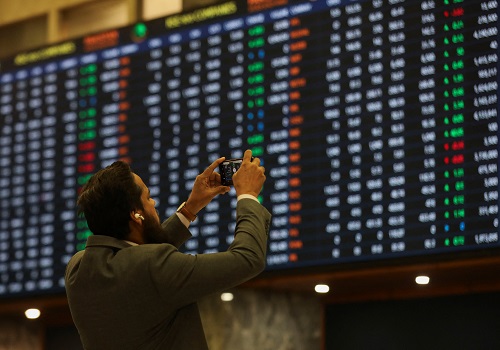Asia stocks notch records; pound calm after Labour landslide
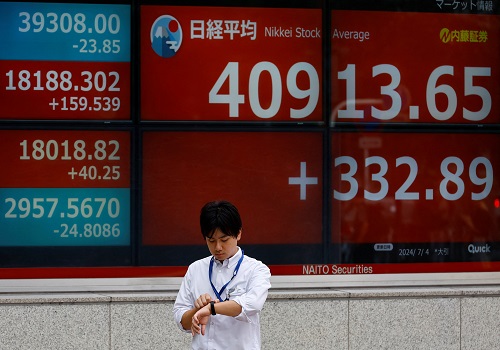
Asian share markets scaled new highs on Friday as investors sized up U.S. rate cuts for September and the mood was upbeat, while the euro hit a three-week peak ahead of French elections.
Sterling was firm at $1.2767 as Britain's Labour Party was set for a landslide poll victory that will sweep it to power after 14 years of Conservative rule. Elsewhere, the dollar was slightly weaker and Treasury yields marginally higher in Tokyo, as trade resumed after the U.S. Independence Day holiday.
Japan's Nikkei and broader Topix both nudged up to record levels, as did Taiwan's benchmark.
MSCI's broadest index of Asia-Pacific shares outside Japan rose 0.2% to a two-year high with Samsung's estimate of a more than 15-fold rise in second-quarter profit helping South Korea's KOSPI to a two-year peak as well.
Singapore's bank and property heavy Straits Times index is up more than 3% in as many days and also struck two-year highs.
"Global liquidity remains flush and with the S&P (500) printing a ridiculous number of records these days...at some point valuations elsewhere will make a compelling enough case," said Vishnu Varathan, chief economist at Mizuho in Singapore.
He noted artificial intelligence demand had driven chipmaker rallies in Taiwan and South Korea, that interest-rate settings were fuelling record profits for Singapore's big banks and that a weak yen had been a tailwind for Japanese equities.
Japanese household spending unexpectedly fell in May, government data showed on Friday, complicating the interest rate outlook especially as one of the factors behind the drop has been how the weak yen has curbed consumers' purchasing power.
The yen rose slightly to 160.9 per dollar. FTSE futures opened 0.3% higher on Friday and S&P 500 futures were up ever so slightly to suggest a fresh record for the cash index may be in store later in the day.
JOBS IN FOCUS
Employment data in the U.S. headlines the economic calendar on Friday. A slowdown in hiring and small uptick in unemployment is forecast, which would leave open the door for U.S. rate cuts.
A run of subdued data, with the U.S. ISM measure of services activity sliding to its lowest since mid-2020 earlier in the week, had markets lifting the probability of a rate cut in September to 73% and pricing 47 basis points of cuts this year.
Two-year U.S. Treasury yields rose 1.3 bps to 4.71% in the Asia morning and benchmark 10-year yields were up 2 bps to 4.37%.
In currency markets, the euro rose to $1.0817 as polls point to France's far right National Party falling short of an absolute majority at Sunday's parliamentary election runoff.
"If the polls eventually prove accurate, this would mean the more extreme policies of fiscal expansion and immigration curbs are unlikely to pass," said MUFG analyst Michael Wan.
The Australian dollar notched a six-month high of $0.6738 as yield spreads swung in its favour, underpinned by wagers that the next move in Aussie rates might be up given inflation is proving stubborn. [AUD/]
In commodity trade, a weaker dollar has gold on course for its largest weekly rise in a month, up 1.4% to $2,357 an ounce. Oil is its most expensive since April with Brent crude futures holding above $87 a barrel following a bigger-than-expected drop in U.S. crude stocks, which suggest firm demand as the U.S. summer driving season gets under way.
Bitcoin was down 2% and trading close to a four-month low at $56,955.

